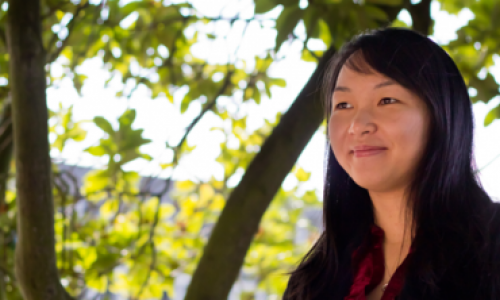
Last Fall, Health and Counselling Services surveyed 1500 SFU students to find out more about their health. When asked how many students volunteer or do paid work while going to school, 30% said they volunteered 1-9 hours a week and 23% said they worked between 20 and 29 hours per week. When asked what health issues had affected their academic performance over the last 12 months, 41% of respondents said stress while almost 32% of respondents said a cold or flu and 30% of respondents said lack of sleep. These numbers clearly show that SFU students are not only busy, but that their busy lives are affecting their academic performance.
Unfortunately, being busy is a part of student life, especially for those taking a full course load, working part time or full time, or volunteering. For many of us, these are responsibilities we can’t and shouldn’t avoid. However, despite our busy schedules it is possible to get through our busy days and nights without sacrificing your overall health and wellness. The key is balance.
When we’re over-stressed, over-scheduled and under-slept it can seem impossible to achieve a sense of balance in your life. Rather than seeing the different areas of your life pulling you in different directions, try to looking at all areas of your life as working together like a wheel.The seven dimensions of wellness are a perfect example. The seven dimensions of wellness (physical, emotional, social/cultural, career/academic, financial, spiritual and environmental) contribute equally to how you feel. If one area is out of balance, the others suffer as well.
Achieving balance is different for each individual but here are a few basic suggestions of how to achieve greater balance in your life starting today.
1. Make a List of Your Values and Beliefs and See How These Fit Into Your Daily Life.
For example, if you value time with your friends then make that time a priority. If you believe volunteering is a great way to gain experience while in school, then make time for this as well. By making time for things that you enjoy, things that relax you or things that meet your needs you can achieve greater balance and improve your academic achievement.
2. Get Active on a Daily Basis.
Maybe you don’t have time to hit the gym each day but there are always ways of adding more activity into your life. Consider getting off the bus a few stops early or taking the stairs whenever possible. These small changes can have big benefits to how you feel because being active is a great way of managing stress.
3. Don’t Believe the Hype!
Although we all talk about how busy we are, try to imagine what would happen if you weren’t busy all the time. Some of us like being busy because it makes us feel like we’re accomplishing something or it distracts us from troubles we might be ignoring. Remember, taking a break during your busy schedule doesn’t mean your lazy and maybe we need to change the idea that being busy or stressed is a socially acceptable way to be. Start a trend of being balanced and the next time someone asks you “how are you?” maybe your answer will be “well”.














